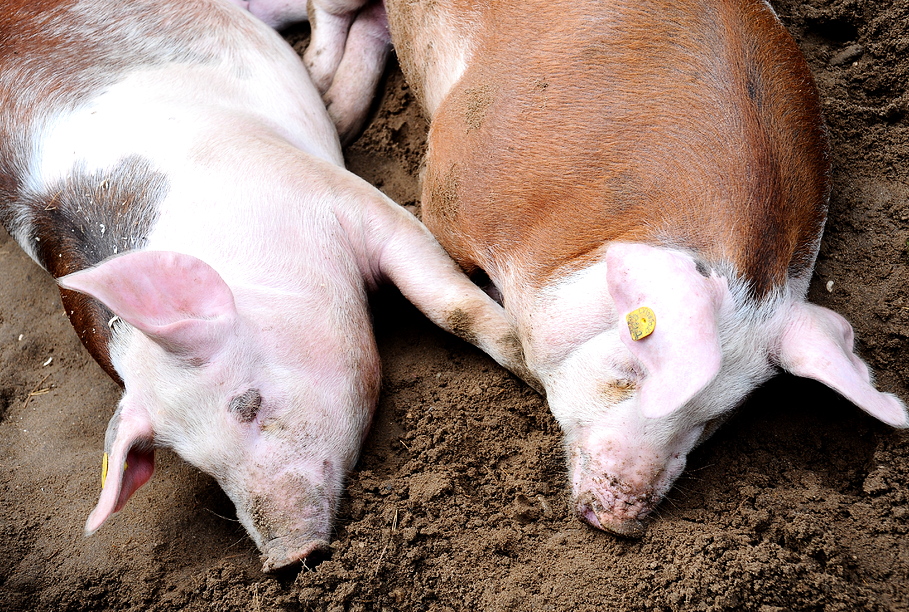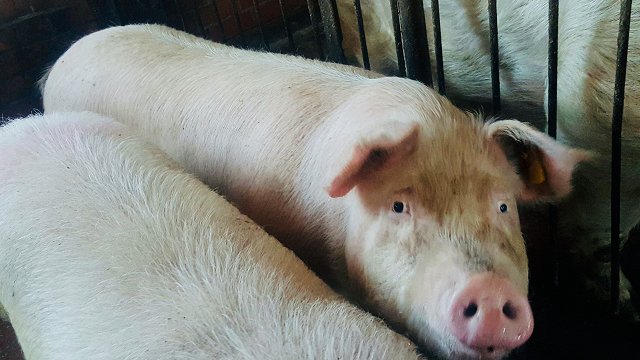Speaking on LTV's morning news programme, Straujuma said: “It is a very complex situation facing our pig farmers... I really believe veterinary officials are doing everything possible but it's not simple.
“I want to ask everyone to be very careful and not to be tempted to take illegal meat out of the restricted areas... it could cause major losses to the whole Latvian farming sector.”
Straujuma was speaking ahead of a cabinet meeting that will approve the extension of quarantine zones to include large swathes of territory along the Estonian and Russian borders in the north of the country after attempts to restrict the disease to an area in the south-east of the country proved ineffective.
“I was surprised the disease was found in Valka, which is a long way from Dagda [the site of the original outbreak]. That means it's possible there can be infections in other places,” Straujuma said, adding that the disease was endemic just across the border in Russia and that in her opinion the disease hadn't been transferred from one place to another within Latvia's borders.
Since Latvia's first-ever outbreak of African swine fever was detected on June 26, a total of 26 wild boars and 19 pigs on 11 farms have tested positive for the disease, and 185 farm pigs have been put down to stem the outbreak.
While highly infectious and deadly to pigs the disease is harmless to humans, however it can easily be carried on shoes and clothes and cause rapid widespread exposure to pig populations.


























